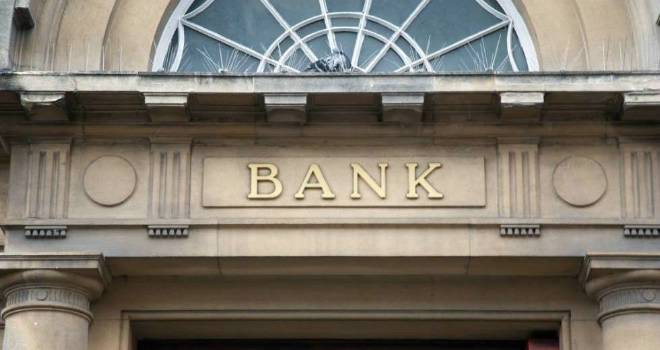
"The UK banking system is resilient to deep simultaneous recessions in the UK and global economies, large falls in asset prices and a separate stress of misconduct costs."
No banks needed to strengthen their capital position under a scenario more severe than the financial crisis, which assumed a fall in UK GDP of more than 4.7%, a drop in house prices of 33% and a 4% rise in Bank Rate.
The Bank of England's FPC has therefore judged that the UK banking system could support the real economy through a "disorderly Brexit".
This year's test also assumed an increase in retail banking competition enabled in part by an increase in the use of financial technology.
In the test, banks incur losses of around £50 billion in the first two years of the stress. This scale of loss, relative to their assets, would have wiped out the common equity capital base of the UK banking system ten years ago. The stress test shows these losses can now be absorbed within the buffers of capital banks have on top of their minimum requirements.
The Bank of England says the test shows "the UK banking system is resilient to deep simultaneous recessions in the UK and global economies, large falls in asset prices and a separate stress of misconduct costs".
In last year's test, Royal Bank of Scotland has failed to meet two key requirements and capital inadequacies were also revealed in Barclays and Standard Chartered.
However the Bank of England says Barclays and RBS have now "significantly improved" their capital positions since the end of 2016.





